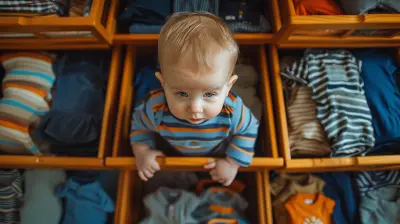Understanding the Difference Between Discipline and Punishment
22 June 2025
Okay, fellow parents, let's get real for a hot minute. How many times have you found yourself standing in the middle of the living room—aka the battlefield—with a red-faced toddler (or teenager, let’s be honest) screaming about how “unfair” you are? And there you are, clutching your coffee like it's holy water, thinking: Am I disciplining them... or just lowkey punishing them because they’ve made me one meltdown away from Googling boarding schools?
Yeah. We’ve all been there.
So let’s chew on this juicy little topic today: the difference between discipline and punishment. Because—spoiler alert—they're not the same thing. Not even close.
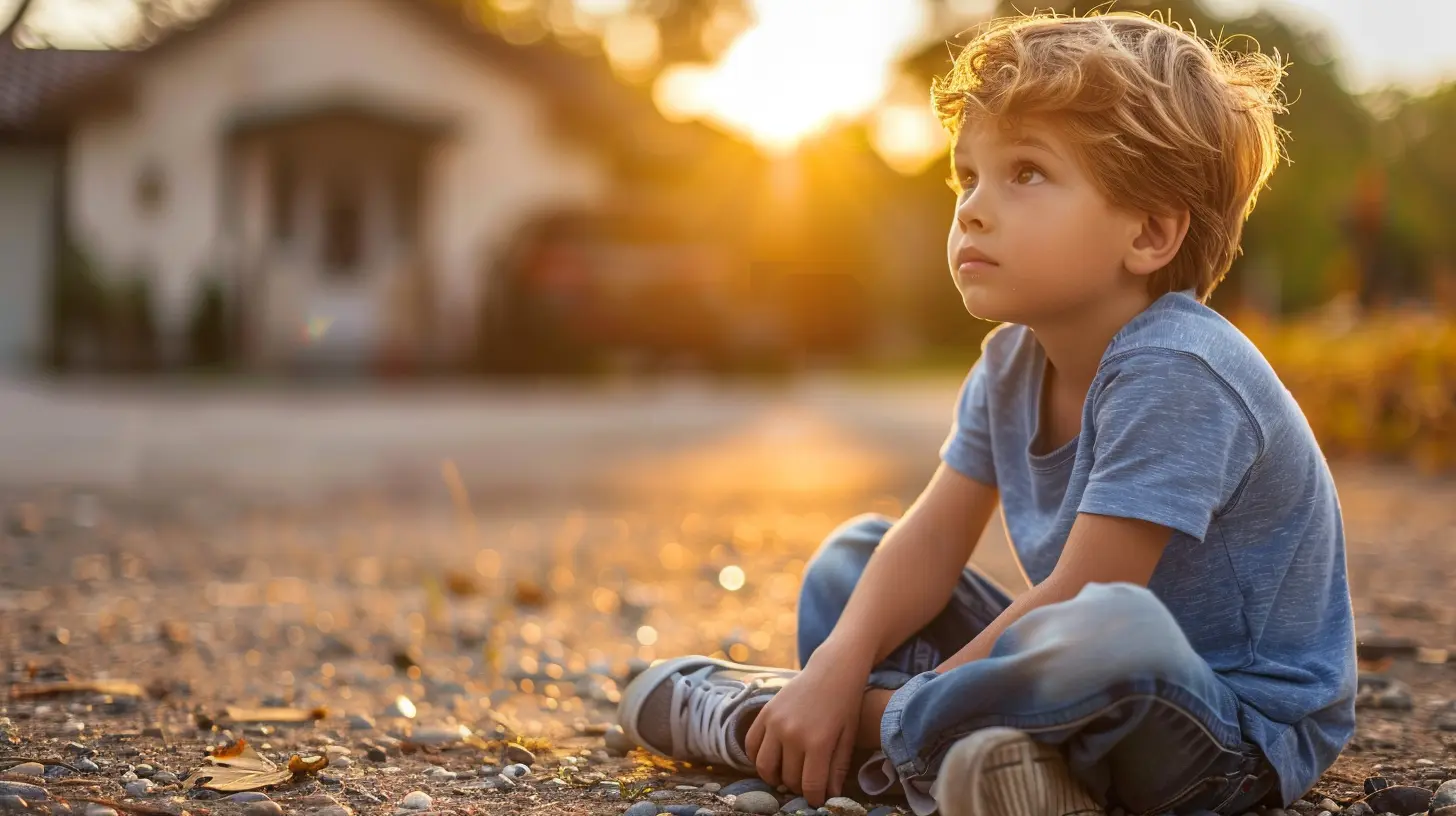
Welcome to Parent Bootcamp: Where Confusion Runs Wild
Before we dive deep into the muddy waters of parental decision-making, let's get one thing straight. The goal here is not to hand you some shiny, unattainable parenting gold medal (spoiler alert: those don’t exist, trust me, I checked). The goal is to help you figure out what the heck you’re doing the next time your kid draws on the wall with a Sharpie or tries to feed the dog a crayon.So buckle up, buttercup. It’s time to break down this thing called parenting... one eye twitch at a time.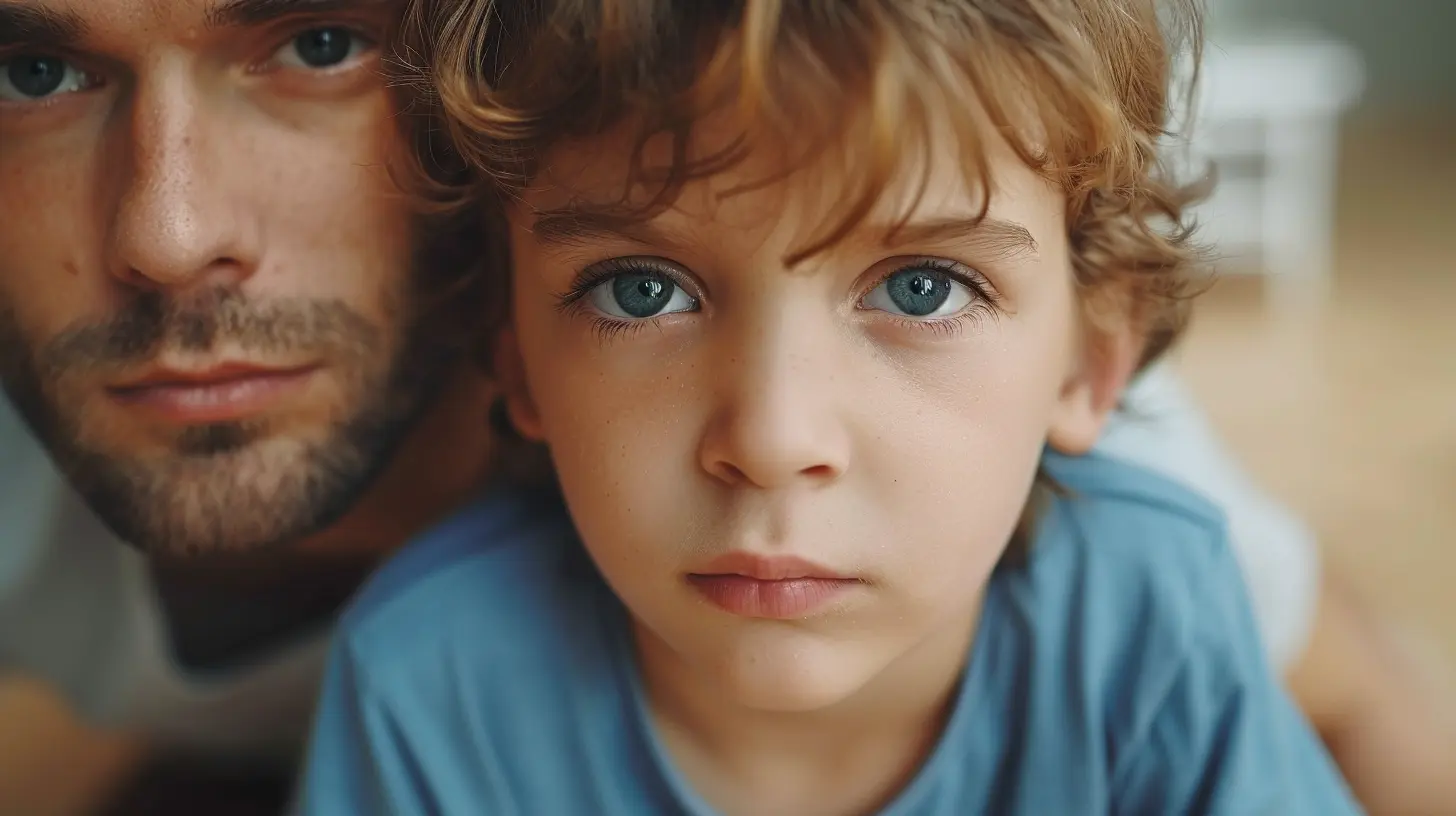
What IS Discipline, Anyway?
Ah, discipline. It sounds all fancy and philosophical, right? Like something monks do at dawn while meditating and sipping on herbal tea.But in parenting? It’s not about punishment or power trips. Discipline is actually all about teaching. Yep. It comes from the Latin word _discipulus_, meaning “pupil” or “student.”
In short, discipline is like being your kid’s life coach. You're there to guide, redirect, teach better behavior, and help them make actual choices—not just react to your wrath.
So, Discipline = Teaching. Got It?
Picture this: Your 6-year-old clocks their sibling with a plastic dinosaur. Do you:A) Yell, send them to their room, and take away screen time for a week (punishment),
or
B) Calm down (miraculously), talk them through why hitting isn’t okay, and help them brainstorm better ways to express anger without going full Jurassic Park?
If you chose B (or at least wanted to), congrats. That’s discipline in action.
It’s the long game. The one where you might say the same lesson 947 times before it sticks, but your kid eventually learns to self-regulate. Well... mostly.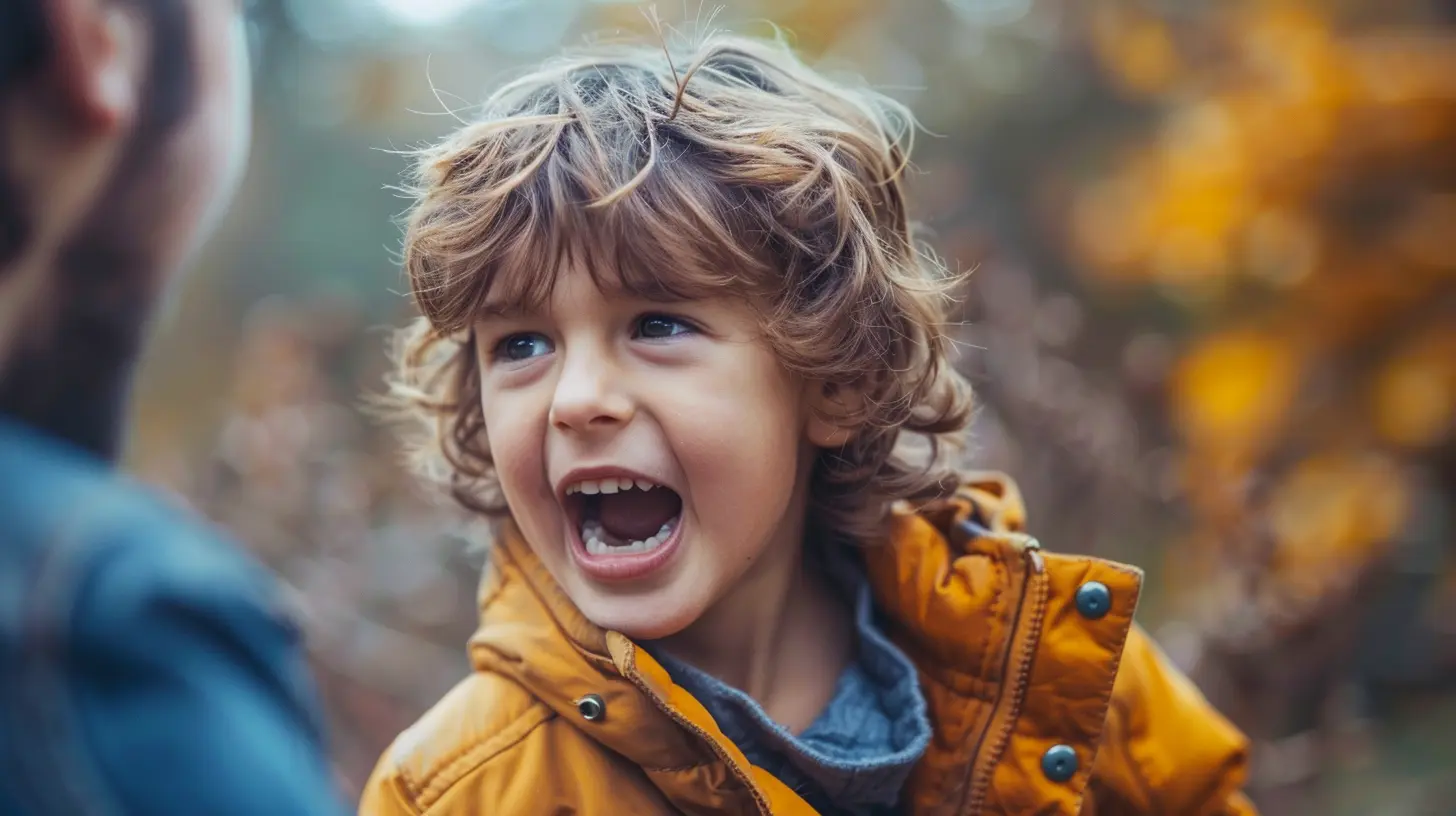
And Punishment? That's the Spicy Stuff
Now let’s talk about punishment. It’s got that zesty flavor of justice, doesn’t it? It’s the immediate consequence, the “you did this so now you suffer” vibe. Classic, right?Punishment focuses on making your child feel bad for what they did. It’s reactive. You’re trying to stop behavior by making them uncomfortable, guilty, or downright scared.
Examples of Punishment in the Wild:
- Yelling “Go to your room!” when they spill juice on your laptop.- Taking away their beloved tablet for a week because they didn’t do homework.
- Grounding them for talking back without bothering to find out what sparked it in the first place.
Sound familiar? Yeah... we've all been on this train a time or two—or thirty.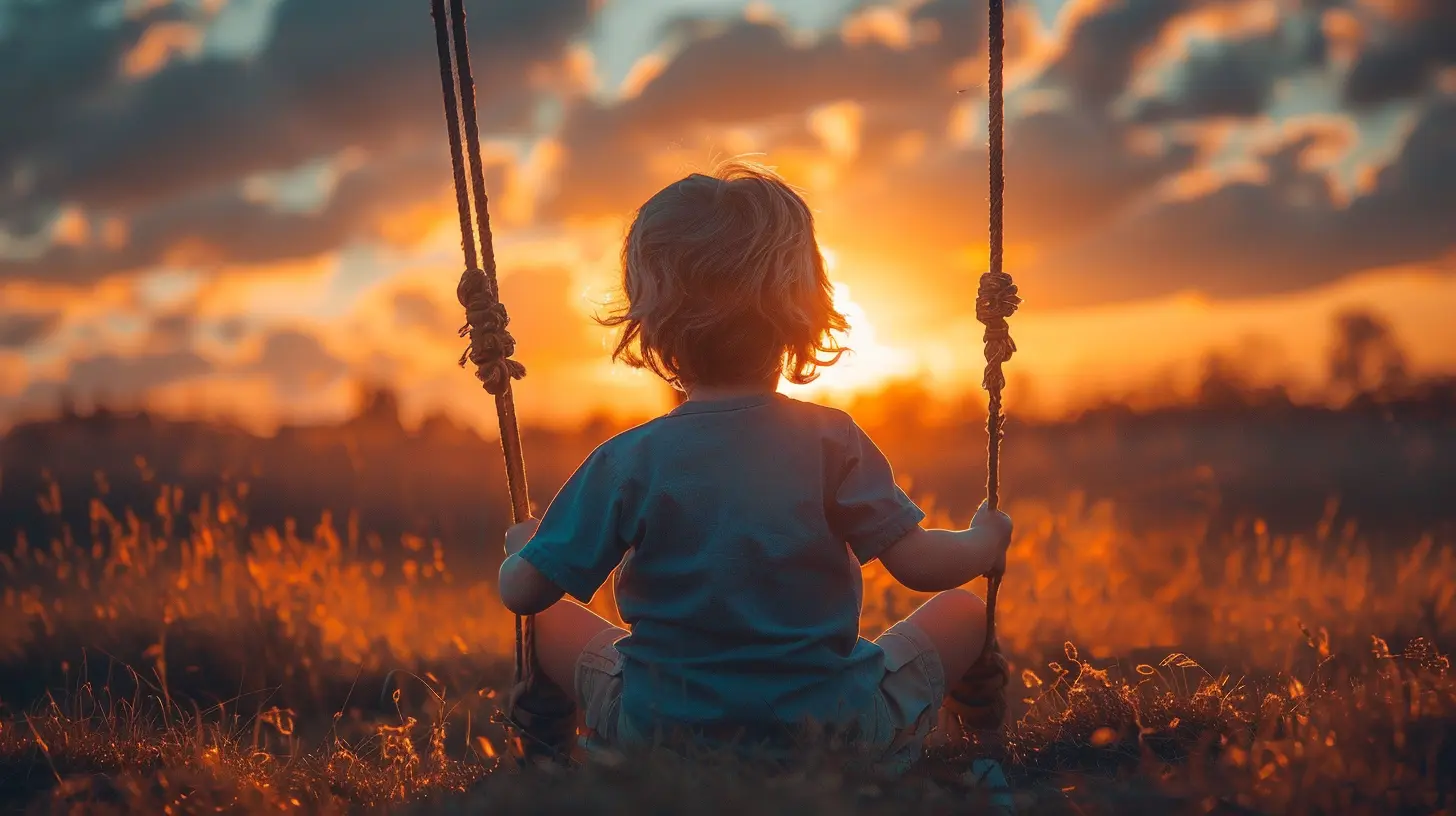
Discipline vs. Punishment: The Showdown
Okay, let’s break this down into a snazzy little chart (because who doesn’t love a good visual?):| | Discipline 🎓 | Punishment 🔨 |
|---------------|--------------------------------------|------------------------------------------|
| Goal | Teach and guide | Control and penalize |
| Focus | Future behavior | Past mistake |
| Method | Calm discussion, modeling, empathy | Yelling, time-outs, taking things away |
| Outcome | Long-term development | Short-term compliance (maybe) |
| Feels Like | Investing in a stock portfolio | Scratching a mosquito bite |
Discipline takes patience, consistency, and creativity. Punishment? It's like fast food—quick, easy, and often leaves everyone feeling a little gross afterward.
Why We Default to Punishment (Even Though We Know Better)
Let’s be honest here: punishment feels good... in the moment. It’s like emotional whack-a-mole. Your kid acts out, and BAM—you react. You feel like you’ve “handled it.” But did you?Here’s the truth: punishing your child may stop the behavior right now, but it doesn’t teach them what to do differently. It’s kind of like duct-taping a leaky pipe. It looks like a solution, but come back in an hour and… well, grab a mop.
And Let’s Not Ignore the Parent Guilt
Raise your hand if you’ve punished your kid, felt awful, and then handed them a cookie an hour later because you felt like the villain in a Disney movie. 🙋♀️ Yep.Punishment can lead to resentment, guilt (on both sides), and total confusion for your child, who probably doesn’t even fully understand what they did wrong.
How to Swap Punishment for Discipline Without Losing Your Mind
Alright, so how do we actually do this without turning into that parent who lets the kids walk all over them like a human welcome mat?1. Stay Calm (Like, Fake It If You Must)
When your kid's stuffing Play-Doh into the DVD player, it's not the time to go full Godzilla. Take a breath. Or ten. Pause, then respond. Power comes from calm, not chaos.> Pro tip: Whisper. It confuses them and makes you sound terrifyingly in control.
2. Connect Before You Correct
If your child is losing it, they’re probably feeling disconnected. Try saying, “I see you’re upset. Can we figure this out together?”Sounds cheesy. Works like magic. Kids are like little Wi-Fi routers—they need connection to function properly.
3. Set Clear, Consistent Boundaries
Discipline doesn’t mean letting kids do whatever they want. It means setting limits with love.“I won’t let you hit. If you’re angry, let’s stomp together.” Boom. You taught emotional expression and held a boundary.
4. Use Natural Consequences
Let life do the teaching sometimes. Forgot their lunch? Guess who’s gonna be extra motivated to remember it tomorrow?Obviously don’t let them walk into traffic or anything (duh), but natural consequences are parenting gold.
5. Focus on the Behavior, Not the Child
Say: “Throwing your shoes isn’t okay.”Don’t say: “Why are you such a bad kid?”
Words matter. Label the behavior, not the human.
What Kids Actually Learn From Each Approach
Let’s play mind-reader for a second. When you use punishment, your kid learns:- “I’m bad.”
- “I need to hide my mistakes.”
- “I better not get caught next time.”
But with discipline? They learn:
- “I made a mistake, but I can fix it.”
- “There are better ways to handle this.”
- “My parent is here to help, not hurt.”
You’re building a relationship based on trust, not fear. And honestly? That’s worth more than a thousand A+ chores and obedient “yes moms.”
BUT WHAT IF NOTHING WORKS 😩
Look, no strategy is foolproof. Parenting is messy. Kids are unpredictable. You’ll try to talk calmly and they’ll throw a shoe at your face mid-sentence. It's part of the job description.But trust me: consistent, loving discipline plants seeds. You might not see blossoms right away, but one day your kid will surprise you. They’ll apologize on their own, share without prompting, or take a deep breath when mad—and you’ll realize… holy crap, it worked.
Even if you still haven’t had hot coffee in 7 years.
Final Thoughts: You're Doing Better Than You Think
Whether you lean more toward punishment or discipline, give yourself grace. We’re all just winging it with varying degrees of chaos. The fact that you’re even reading this tells me one thing: you care. That’s more than enough.So go ahead. Skip the guilt and start making those tiny shifts. Talk more, connect often, and remember: you’re not raising perfectly obedient robots—you’re raising humans. Emotional, irrational, sometimes adorable little humans.
And you're doing a pretty dang good job.
all images in this post were generated using AI tools
Category:
Positive DisciplineAuthor:

Karen Hurst
Discussion
rate this article
2 comments
Caitlin Pacheco
Thank you for this insightful article! It beautifully clarifies the essential distinction between discipline and punishment. Emphasizing understanding and guidance over fear can truly foster a nurturing environment for our children. I appreciate the valuable tips provided!
September 23, 2025 at 3:06 AM

Karen Hurst
Thank you for your kind words! I'm glad you found the article helpful in highlighting the importance of understanding and guidance in fostering a nurturing environment for children.
Haven McCaw
This article beautifully clarifies the essential distinction between discipline and punishment. It reminded me that discipline fosters growth and understanding, while punishment often breeds fear. I’m inspired to focus on nurturing rather than reacting.
June 22, 2025 at 4:58 AM

Karen Hurst
Thank you for your thoughtful reflection! I'm glad the article resonated with you and inspired a focus on nurturing growth.

